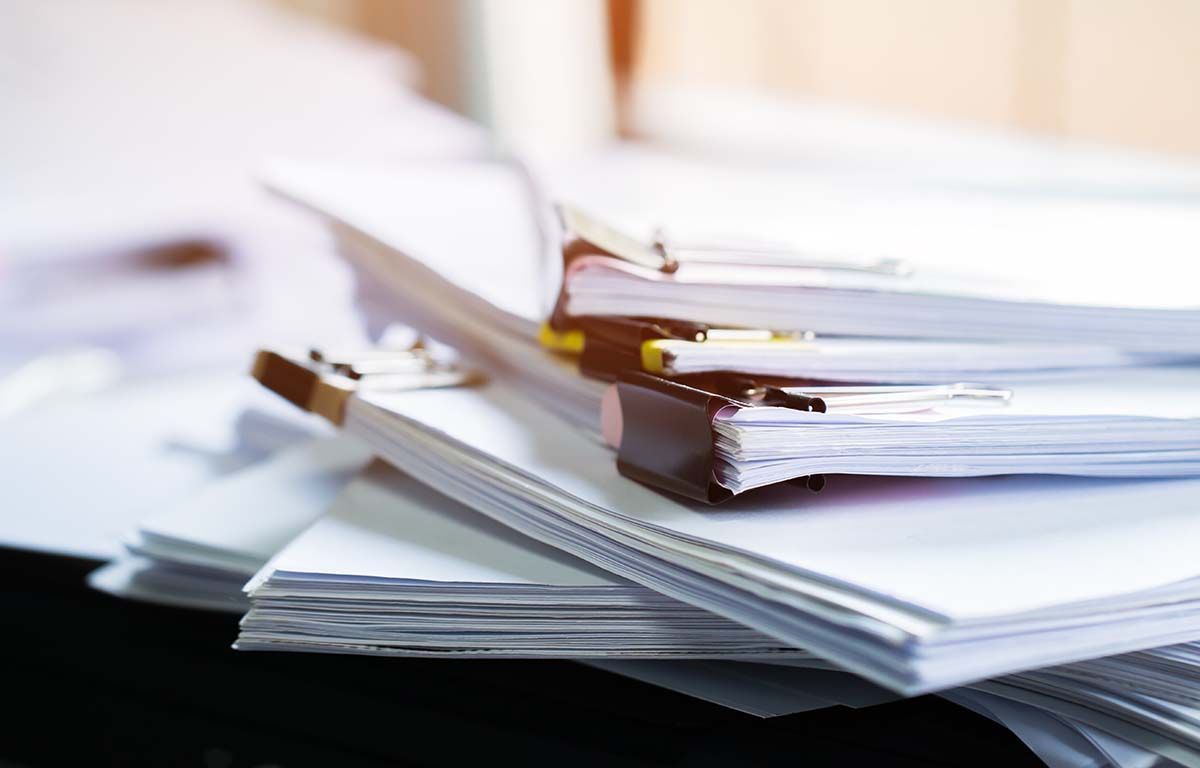News

Demand Packages: How they can help your case
Around 70% of people with personal injury claims receive compensation. In order to secure a payout, your personal injury lawyer will compile a demand package to send to the insurance company. The success of your case is heavily reliant on the strength of your demand package. Filing a personal injury claim can be very stressful, so we want to help you understand everything you need to know about demand packages.
What is a Demand Package?
A demand package is a set of documents that help inform an insurance company of what really occurred during an accident. This package will be filled with evidence that you or your personal injury lawyer can obtain. A high-quality demand package consists of multiple documents that lay out the details of the case and a specific request for compensation in the form of a demand letter. Documents that need to be collected for a demand package include but are not limited to:
- Photographs
- Proof of insurance
- Medical records and bills
- Records of loss of money
Keeping track of all these documents may become hectic. It’s suggested that you obtain each document as early as possible so that you can keep everything organized as more documentation comes in.
The demand letter in your package is a formal payment request for your injuries. Your personal injury lawyer will take on the responsibility of writing this. Each attorney has their own way of writing a demand letter, however, some key points include:
- Your medical history
- A detailed description of the accident
- Your medical diagnosis after the accident
- Expenses
- Non-economic damages sustained
How a Demand Package Can Help You
A demand package can aid in many types of personal injury claims from car accidents to medical malpractice. A settlement for these claims is determined by calculating the amount of economic and non-economic damages. Economic damages include things like medical expenses and lost wages, making them easy to show through paperwork and documents. The documents in your demand package will present these damages chronologically. If you have ongoing treatments during the time your claim is being filed, your past medical bills can still show what future economic damages will be.
Non-economic damages on the other hand are harder to show because they are intangible. Non-economic damages include things like pain, suffering, and inconvenience. These damages are just as important to your case. Examples of great documentation to gather for your demand package are testimonials from family and friends who have helped with caregiving since the accident.
After your demand package is sent, the insurance company may try to challenge your settlement demand by putting less value on your economic and non-economic damages. Insurance adjusters don’t want to pay victims the full amount of compensation. They may offer a lower amount hoping that you will take a quicker settlement. Once a demand package is sent, negotiations begin until an amount is agreed upon. This is why the evidence provided in your package is so important to your claim; it directly correlates to how much compensation you may receive.
How We Can Help
This entire process may sound complex, but at Barfoot and Schoettker, we don’t want you to have to worry about anything. We will prepare your demand package, write your demand letter, and guide you through the entire process. Contact us today so we can make sure you get the compensation you deserve!
We are here to help!
Whether it’s the insurance company who refuses to adequately compensate you for your personal injury; the wrongful death of a loved one caused by the carelessness of another; or you've wrongfully been accused of a crime... Regardless of the obstacles you face, we can help.
Call Us Confidentially Now:
(334) 834-3444
Contact Details
OFFICE
6771 Taylor Circle
Montgomery, AL 36117
Phone
(334) 834-3444
info@barfootschoettker.com
Contact Us Today
Use our contact form or give us a call for your no-obligation consultation.






